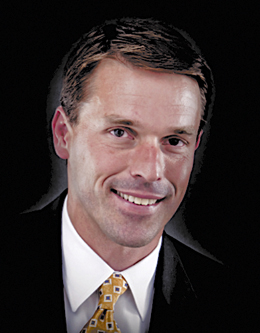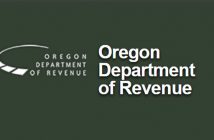
How to Protect Your Retirement Assets from Unexpected Expenses
Preparing for the possibility of an emergency – whether medical, professional or natural – can seem worrisome, but it’s an important step in financial planning. Maintaining a separate emergency fund is no different than an insurance policy. You protect yourself and loved ones from life’s unknowns. And most important, you can avoid draining your retirement portfolio or borrowing at unfavorable terms due to unexpected costs you’re not prepared for.
COMMIT TO A PLAN
When establishing an emergency fund, don’t just stash cash, build a plan. An emergency fund should be part of your overall financial plan. But you should reserve these monies solely to reduce an unforeseen financial burden during challenging times.
Opinions differ on how much you should set aside, and your overall financial picture and cash flow profile are important considerations. Some experts believe six months of living expenses is appropriate for an emergency fund, while others advocate having two years worth of expenses tucked away. Keep in mind, the number and types of income in your home. For example, if your income is primarily from commissions, your need for funds to cover expenses may not be as predictable and therefore a larger level of reserve is best. Alternatively, if you have a one-income household with a spouse and children, your emergency fund should take into consideration the potential expenses as a combined family.
Emergency funds should be easy to access, but 100 percent cash isn’t necessary. Consider using accounts that offer benefits, such as short-term CDs or money market accounts that may offer some interest. And if you are worried about losing access to your funds as a result of a natural disaster or bank crisis, it may comfort you to know that FDIC regulations insure funds up to $250,000 at banking institutions. Additionally, the Securities Investor Protection Corporation (SIPC) protects securities customers of its members up to $500,000 (including $250,000 for claims for cash). An explanatory brochure is available upon request or at sipc.org or by calling 202-371-8300. This account protection applies when a SIPC-member firm fails financially and is unable to meet obligations to securities clients, but it does not protect against market fluctuations. It is not recommended to keep cash in your home.
BUILDING YOUR EMERGENCY FUND
If you haven’t started that rainy day fund just yet, get started with small steps. First, avoid accruing additional debt, particularly credit card or auto loans. Pay off debt as quickly as possible – starting with the highest interest rate balances – and apply the extra cash toward the emergency fund. If you receive a tax refund or a dividend disbursement, consider contributing some or all to the emergency fund.
Identify areas where you can immediately cut back, like dinners out, idle club memberships and subscriptions that go unread. If you have not put enough into your fund when faced with an emergency, consider alternative sources of funds, including low interest credit cards or lines of credit you already have opened. Keep an electronic or hard copy of your emergency plan detailing these considerations and maintain organized records. When there is an emergency, the impact will be less overwhelming and easier to manage by being prepared.
REPLENISH, REPLENISH
An emergency fund is not designed to be a one-time reserve. You can’t predict the future, and if another crisis affects your family, you’ll want to be sure the fund is replenished. Just like the first time, rebuild step by step as quickly as you can possibly manage. And remember, treat an emergency fund for what it is – an insurance policy. Maintain it at all times, and use it only in true emergency situations.
Your financial advisor can help you establish an emergency fund account and regular savings deposits that suit your needs.
From the Fall 2012 issue of Financial Journeys newsletter.
The information contained herein has been obtained from sources considered reliable, but we do not guarantee that the foregoing material is accurate or complete.
Material prepared by Raymond James for use by its financial advisors. Clay Trenz, Independent Financial Advisor affiliated with Raymond James Financial Services, Member FINRA/SIPC. Locally owned and independently operated. www.claytrenz.com, 541-323-4599 or clay.trenz@raymondjames.com.




